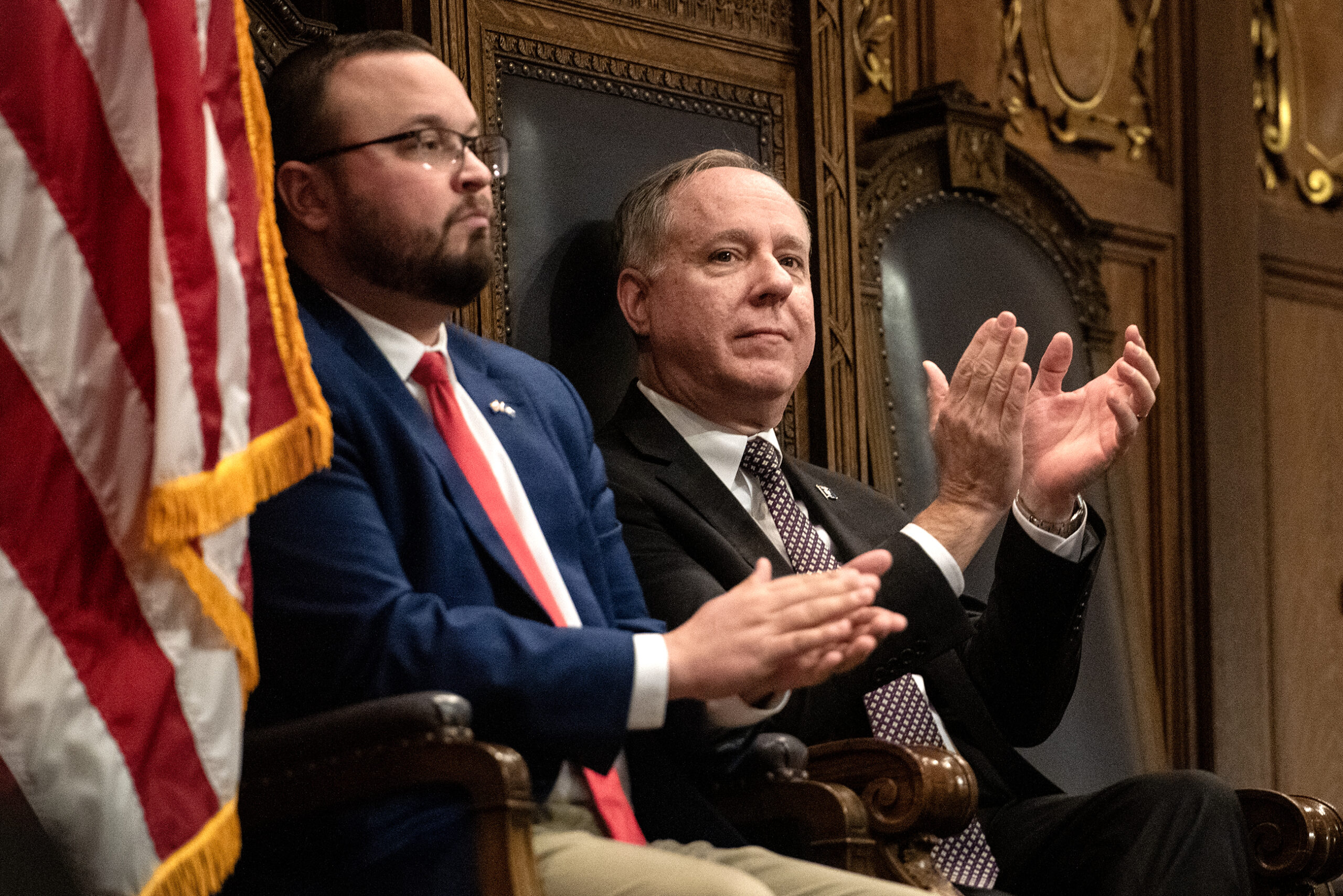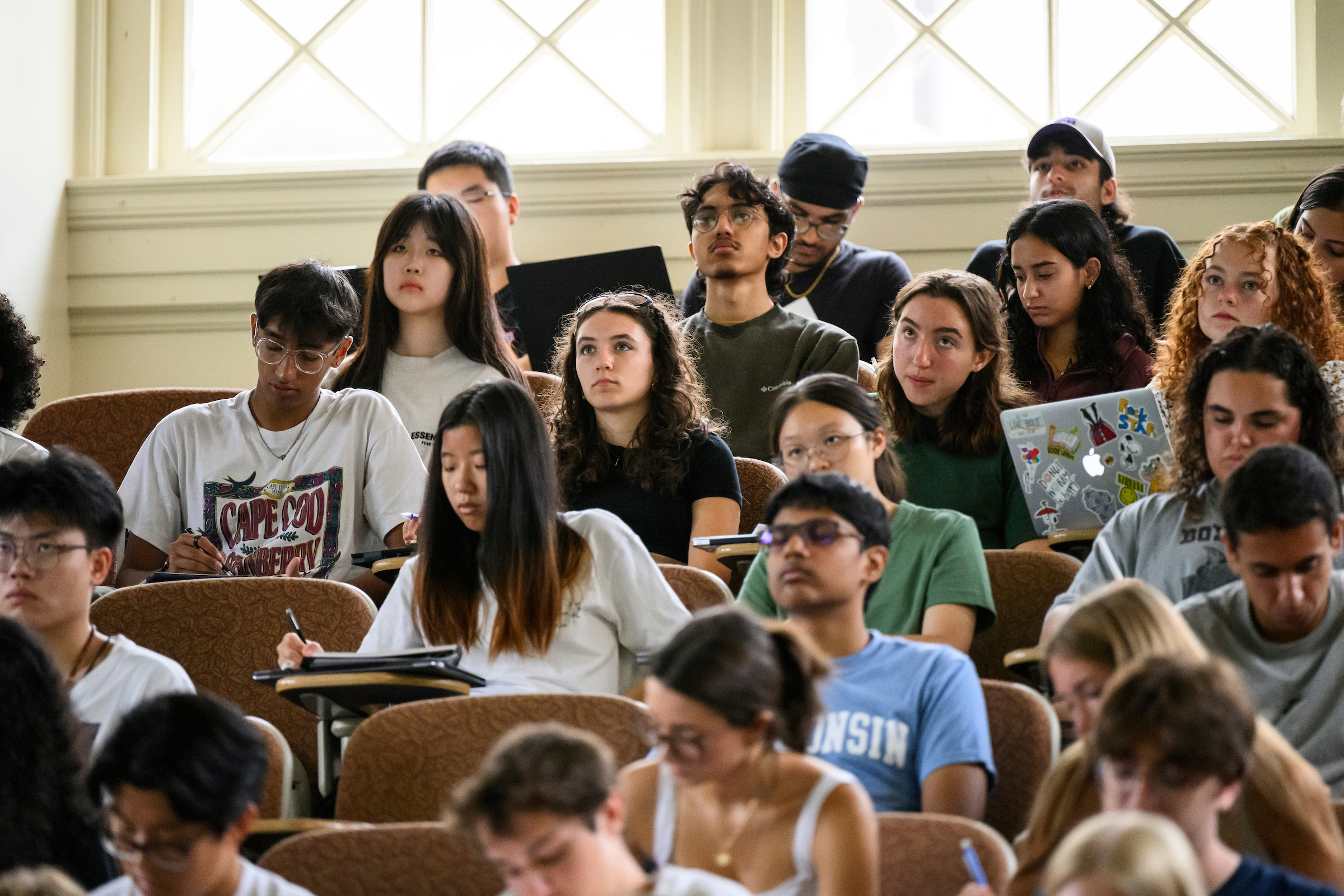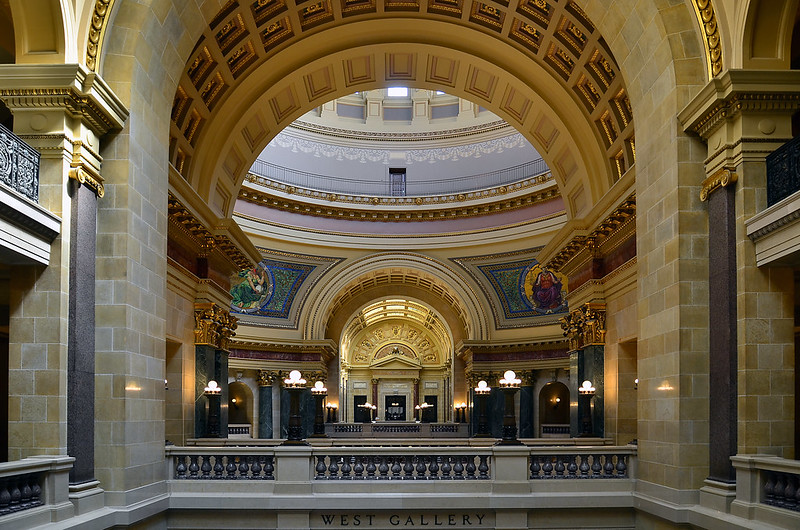The Reform Now movement has been campaigning against mass incarceration in Wisconsin, and a filmmaker has created a documentary that covers its experiences. The film’s director joins us to give us an update on the movement’s goals, and tells us where it’s headed in the future. We also examine bullying as a product of someone’s shame, and we talk with Assembly Speaker Robin Vos about his commitment to restoring civility to the legislature.
Featured in this Show
-
Bringing Civility Back To The Wisconsin Legislature
Wisconsin Assembly Speaker Robin Vos says that a speech by new Speaker of the House Paul Ryan has inspired him to work for more civility and cooperation in the Wisconsin legislature. We talk with Rep. Vos about what that means.
-
Reform Now Documentary
A Madison TV producer and educator discusses his documentary on Wisconsin Prison Reform efforts.
-
To uncover the reasons behind bullying, and many other forms of violent behavior, the author of a new book says we need to confront shame–and specifically, the idea of “weaponized shame”
-
Vos Offers Mea Culpa, Calls For More Cooperation In Legislature
Wisconsin Assembly Speaker Robin Vos says that a speech by the new Speaker of the House Paul Ryan has inspired him to strive for greater civility and cooperation in the state Legislature.
Ryan called for a new spirit of cooperation and commitment to working together in his first address to the U.S. House of Representatives after having been elected speaker.
“The House is broken,” Ryan said in the speech last week. “We’re not solving problems, we’re adding to them, and I am not interested in laying blame. We are not settling scores. We are wiping the slate clean.”
That message resonated with Vos, who said in his own speech to the state Assembly that the debates in the state Capitol have recently turned divisive. As a sort of mea culpa, Vos admitted that he too has resorted to personal attacks on occasion.
“Things in the Assembly have been too emotional, too personal in recent weeks. I myself am guilty of this,” Vos said.
Overall, Vos said he was encouraged by the cooperation between parties during the last legislative session. He asserted that 95 percent of all bills passed in the Assembly had bipartisan support.
Vos also touted the common ground found in the three bipartisan task forces he created to study Alzheimer’s and dementia, urban education, and youth workforce readiness. He said he hopes Democrats and Republicans can similarly work together in the upcoming session on a variety of issues affecting military veterans.
In this spirit of cooperation, Vos said he’s not asking his colleagues to change their positions or their principles, but rather to take the extra time to listen to the other side and not to assume that a bill introduced by the political opposition is forbidden for mutual support.
“That’s why I wanted to say I’m definitely extending my hand to people in the opposition party and I hope that they would take it in the good spirit that I’m offering it and find ways that we can continue to work together,” Vos said.
Vos made his speech about “wiping the slate clean” before Tuesday’s floor session, in which the Assembly approved a number of bills enacting restrictions on the state’s FoodShare program.
-
New Documentary Chronicles Work Of Groups Trying To Change Prison System
A new collection of short documentary films by a Madison producer chronicles the work of several local groups looking to change Wisconsin’s prison system.
According to filmmaker and educator Tim Coursen, an upcoming screening of his film, “Reform Now,” is part of a larger events and resource fair aimed at raising awareness about issues like solitary confinement and low parole rates.
Coursen said he got interested in changing the prison system after he was a victim of an attempted burglary and subsequently learned about so-called restorative justice — an alternative model to criminal justice that can include interaction between perpetrators and victims and focuses on repairing damage from crimes rather than on punishment.
“In the last 40 years the whole idea of rehabilitation has kind of gone by the wayside,” said Coursen. “Because of that we’ve had another narrative of punishment and retribution for crimes that has resulted in a huge increase in the prison population — roughly 500 percent over that period of time.”
According to Coursen, that growth has come to cost the state, via its Department of Corrections budget, $1.2 billion a year. That total doesn’t include the costs to the community in terms of breaking up families, livelihoods, and not preparing criminals to reintegrate back into the community.
“Right now, we’re investing in a system that is proven not to work very well,” he said. “Thirty percent of people who come out of prison will return within the first three years. That’s a pretty bad ratio.”
Coursen said he sympathizes with the trauma that victims suffer as a result of crimes, but believes that the state and the country can’t continue to invest in a system that is not serving the public interest.
“The whole emphasis of restorative justice is to repair the harm. And that means taking care of victims, but also looking at the needs of the offender, and what they need to accept the responsibility of their actions and not commit crimes again in the future,” said Coursen.
Beyond restorative justice, Coursen said there are several issues within the prison system that the groups featured in his film are working to address. Those include reducing solitary confinement, altering the parole system — especially for prisoners sentenced under outdated laws — and compassionate release.
Along with the film screening at the Madison Public Library, the Reform Now event will include members from some of the featured groups, including WISDOM/MOSES, Madison Groundwork, Greater Madison Urban League, Justified Anger and others working for social justice. Organizers also plan to show a replica of a solitary confinement cell.
Episode Credits
- Rob Ferrett Host
- Veronica Rueckert Host
- Judith Siers-Poisson Host
- Judith Siers-Poisson Producer
- KP Whaley Producer
- Veronica Rueckert Producer
- Robin Vos Guest
- Tim Coursen Guest
- Jonathan Fast Guest
Wisconsin Public Radio, © Copyright 2025, Board of Regents of the University of Wisconsin System and Wisconsin Educational Communications Board.



